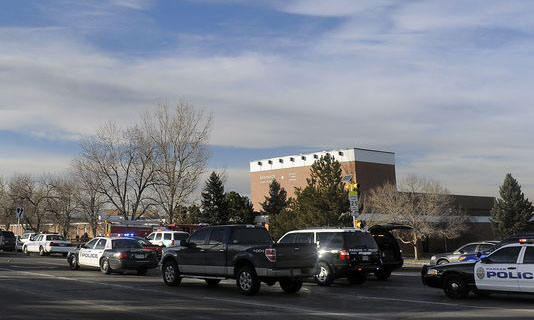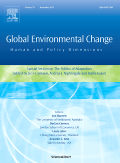Amanda Barrientez and David Pyrooz took part in an panel hosted by the Gang Reduction Initiative of Denver (GRID), a network of federal, state, and local governmental agencies, local businesses, schools, and community-based, grassroots, and faith-based organizations that has been in operation since 2010. GRID is a comprehensive model organized around prevention, intervention, suppression, and community mobilization. The panel involved academics from local universities and practitioners, including judges, corrections agencies, directors of juvenile and adult parole and probation, and city leaders. The panel was brought together to enhance academic-practitioner relationships and to gather knowledge on the current state of research related to gang dynamics.






